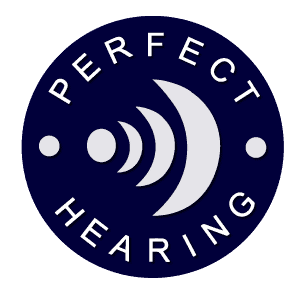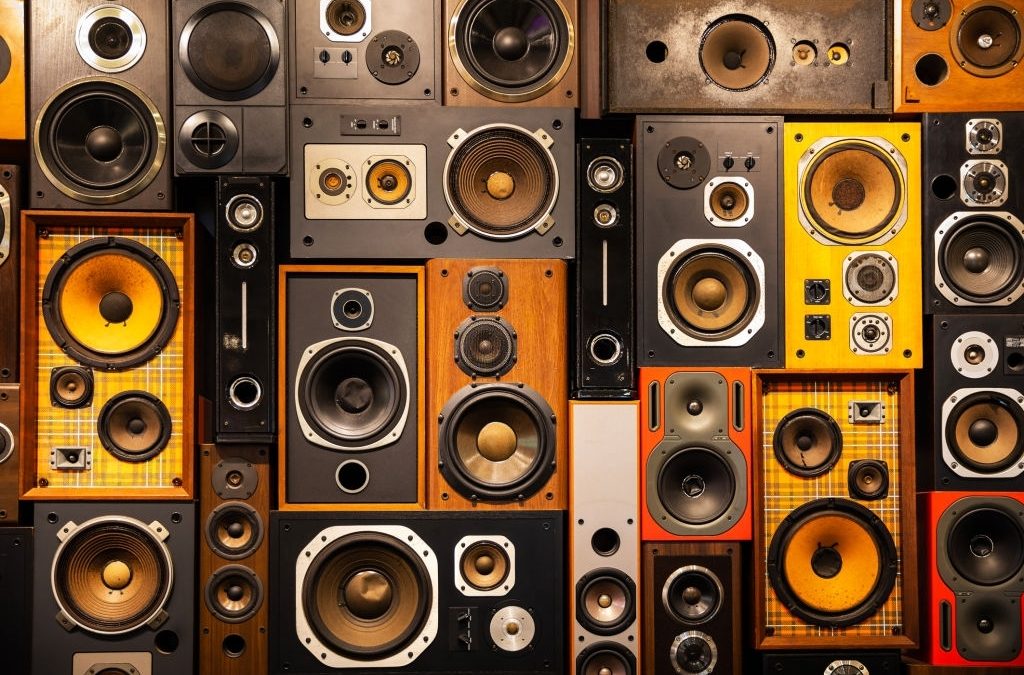Although noise is an unavoidable part of our lives, prolonged exposure to sounds at or over 85 dB can be harmful. Sounds above 100 dB require ear protection, while noises exceeding 110 decibels might cause irreversible hearing loss.
Everyone should strive to prevent extended loud noise exposure whenever possible, but if this is not possible, you should take some measures to reduce the adverse impacts of sounds in our daily lives.
According to experts and ENT specialists, continuous exposure to loud sounds can damage the ears to a great extent and cause hearing loss.
Many people assume that only exposure to loud sounds like explosions is harmful, but the truth is that everyday noises can also do a lot of damage.
Experts Guidelines About Noise in Different Environments
You might be wondering what kinds of sounds can endanger our hearing that we encounter on a daily basis. Some of the noises you hear every day are not insignificant.
They might accumulate over time. Take care when you are exposed to these common noises that can damage your hearing to safeguard your ears.
The following table summarizes the different daily life situations where you should avoid too much noise.
| Specific environment | Critical health effect(s) | LAeq [dB] | Timebase [hours] | Lomax, fast [dB] |
| Outdoor living area | Serious annoyance, daytime and evening
Moderate annoyance, daytime and evening |
55
50 |
16
16 |
–
– |
| Dwelling, indoors
Inside bedrooms |
Speech intelligibility and moderate annoyance, daytime and evening
Sleep disturbance, night-time |
35
30 |
16
8 |
45 |
| Outside bedrooms | Sleep disturbance, window open (outdoor
values) |
45 | 8 | 60 |
| School classrooms and pre-schools,
indoors |
Speech intelligibility, disturbance of information extraction, message
communication |
35 | during class | – |
| Pre-school
Bedrooms, indoors |
Sleep disturbance | 30 | sleeping
-time |
45 |
| School, playground
outdoor |
Annoyance (external source) | 55 | during
play |
– |
| Hospital, wardrooms, indoors | Sleep disturbance, night-time
Sleep disturbance, daytime and evenings |
30
30 |
8
16 |
40
– |
| Hospitals, treatment
rooms, indoors |
Interference with rest and recovery | #1 | ||
| Industrial, commercial, shopping and traffic areas, indoors and
outdoors |
Hearing impairment | 70 | 24 | 110 |
| Ceremonies, festivals and entertainment
events |
Hearing impairment (patrons:< five times/year) | 100 | 4 | 110 |
| Public addresses,
indoors and outdoors |
Hearing impairment | 85 | 1 | 110 |
| Music through headphones/ Earphones | Hearing impairment (free-field value) | 85 #4 | 1 | 110 |
| Impulse sounds from
toys, fireworks and firearms |
Hearing impairment (adults)
Hearing impairment (children) |
–
– |
–
– |
140 #2
120 #2 |
| Outdoors in parkland and conservation
areas |
Disruption of tranquillity | #3 |
Source: World Health Organization
How to Protect Yourself from Noise
Everyone should try to get minimum exposure to loud noises like the ones discussed in the above table. However, it is not possible to avoid such sounds in our everyday lives. Therefore, it is important for you to take some precautions:
- When exposed to sounds above 100 dB, use ear protection (earplugs, earmuffs).
- Even if you’re using ear protection, take regular pauses if you’re exposed to continuous loud noise.
- Personal gadgets should be turned down to half-power. In most cases, the maximum volume level may be reduced in the device’s settings.
- Avoid the sound equipment during concerts and seminars if at all possible. Make sure you’re not standing or sitting too close to any of the speakers.
- Limit the amount of time you are exposed to loud noises.
- Pay attention to warning signs and information brochures about the potential for loud noise and the need for hearing protection.
- Consult an ENT specialist at least once a year to get a hearing test and check the overall condition of your ears.
- You should bring hearing protection with you to public events. Keep them in your car, your pockets, or another easily accessible location.
- Replace old, loose, or imbalanced machine components to reduce equipment noise. Keep your equipment greased and in good working order.
- When you can’t avoid loud noises, use hearing protection (such as earplugs or earmuffs).
- Make hearing protection simple to use. For convenient access, keep earplugs in your car or workspace.
- At home, keep youngsters away from loud music and equipment.
It is important to note that if you think you are suffering from any kind of hearing loss, you should visit a hearing aid centre or an ENT specialist to get a professional opinion.
In a Nutshell
The purpose of discussing these measures is to help you avoid damage to your ears from getting exposed to loud noise and everyday sounds.
You can follow these precautions and thoroughly understand the information discussed in the comprehensive table to ensure you are able to protect your ears and lead a healthy life.
A visit to the ENT specialist will also help you in maintaining your hearing capacity at the optimum level.

